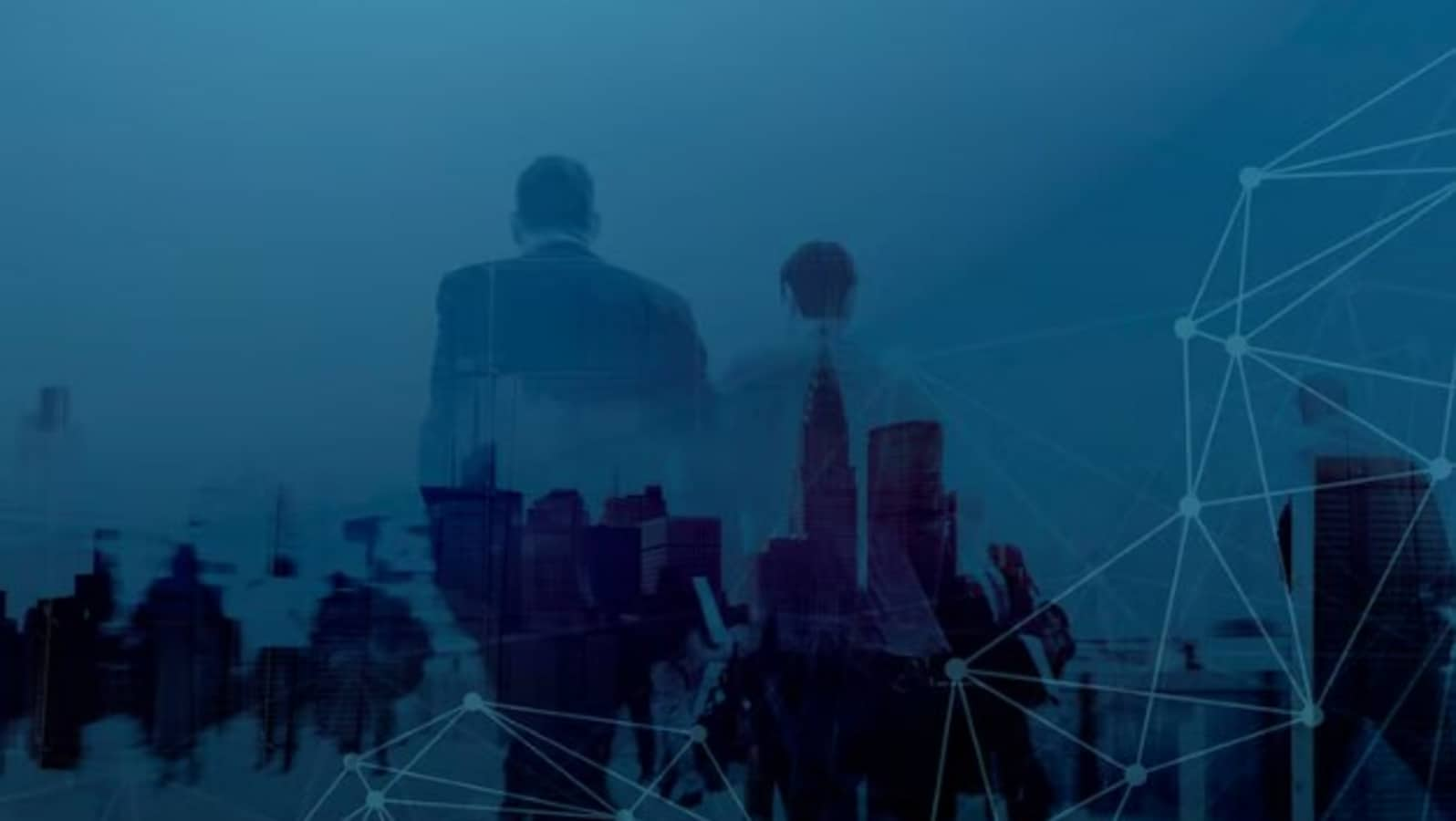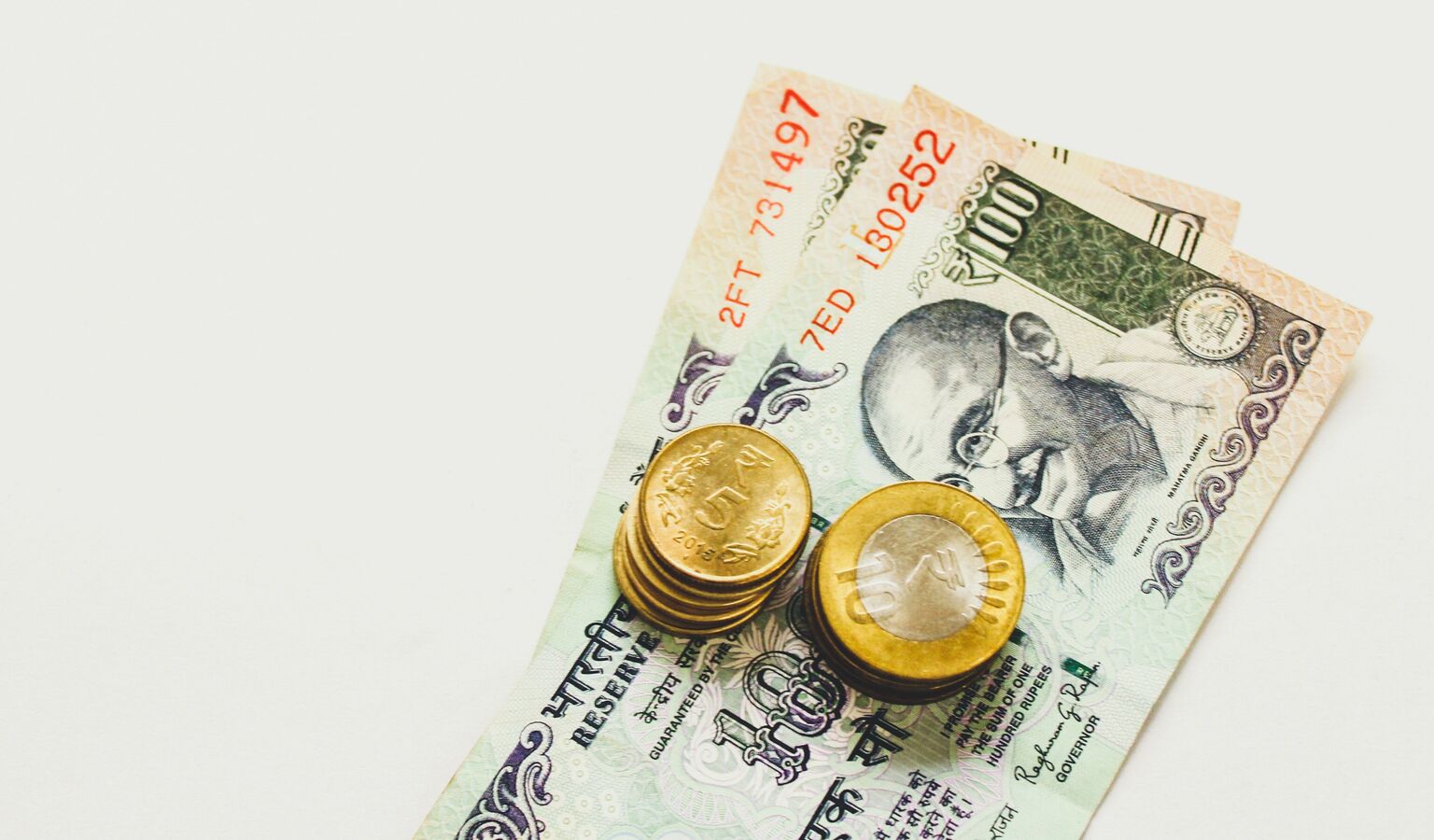If you default on your SBI credit card payments, especially with major credit card issuers like SBI or other leading banks and NBFCs, then you can face grave economic and legal consequences.
The problems can go much beyond financial and legal issues. Some credit providing institutions also initiate the recovery of funds through trained recovery agents. Credit cardholders must know these implications and manage their finances efficiently and responsibly.
Let us discuss basic challenges, legal consequences, and long-term implications on credit scores, along with how individuals’ financial borrowing is negatively compromised if they are found missing SBI credit card repayments.
Immediate financial repercussions
Missing a credit card payment can trigger immediate financial penalties. SBI imposes late payment penalties, fees and interest charges on the total outstanding amount a borrower fails to repay. Interest rates in this regard can be as high as 3.5% per month, resulting in the compounding of debt quickly.
Further, the bank may even block the credit card to prevent other transactions until the initial dues are cleared. Such a situation can complicate and cripple credit and financial health to an even more serious extent.
Note: The interest rate discussed above is illustrative in nature. For the updated rate applicable on a case-by-case basis, reach out to the customer support division of SBI credit cards.
Implications on credit score
The defaults in credit card payments or missing loan EMIs are reported to credit bureaus like CRIF High Mark, CIBIL, among others. This results in a decline of creditworthiness and overall credit score.
A lower credit score can create problems for future loan approvals and result in higher interest rates, along with less flexible repayment plans. Even a single missed payment can seriously affect a person’s overall credit profile. Thus, maintaining repayments becomes extremely important in the long run.
What are the legal consequences of missing out on credit card repayments?
Persistent default on SBI credit card dues can lead to the initiation of serious legal proceedings of both civil and criminal nature. Here’s a breakdown of some of the applicable laws:
- Section 138 of the Negotiable Instruments Act, 1881: Legal action can be initiated if a defaulter issues a cheque in response to a credit card bill payment or loan EMI that bounces due to insufficient funds.
- Section 420 of the Indian Penal Code (IPC): In this section, if fraudulent intent is established, i.e., if it is clear that the credit card has been misused voluntarily, then the bank or financial institution can press criminal and civil charges against the borrower for cheating.
- Section 406 IPC: This provision can be invoked in cases involving criminal breach of trust. Generally, the borrower causes a criminal breach of trust in the credit card issuing organisation, which can result in serious remedial legal consequences.
- Code of Civil Procedure (CPC), 1908: SBI may file a recovery suit to reclaim dues in cases where it is clear that the borrower is unwilling to meet the contractual obligations of repayment.
- Insolvency and Bankruptcy Code (IBC), 2016: Though this law is primarily applicable to companies, in rare cases, individual insolvency proceedings may be initiated. This can happen if the borrower becomes completely insolvent and unwilling to repay the borrowed amount.
The Hon’ble Supreme Court, in the landmark judgement of State Bank of India v Rajan Kumar Mitra (2015), reaffirmed that banks have the right to follow up and pursue both civil and criminal remedies in cases of wilful defaults committed by borrowers. The objective of this judgement was to provide a level playing field for both borrowers and lenders.
It is also important to always remember that non-payment alone, without fraudulent intent, typically leads to civil recovery proceedings. Criminal cases are rare and usually initiated only where banks can prove deliberate fraud or misrepresentation.
That is why the sections discussed above are indicative and will not apply to all cases of missed payments. For a complete explanation of the applicable laws in your respective case, you should reach out to the customer support team of SBI and a qualified legal advisor.
Long-term financial implications
A financial institution might even blacklist an individual for consistently failing to meet repayment promises. This will make securing future loans and premium credit cards even more difficult.
A default on repayment record remains in an individual’s credit report for about seven years, impacting their financial credibility and overall financial prosperity in the long run.
Conclusion
Hence, defaulting on SBI credit card payments can have grave consequences beyond just financial penalties.
Familiarity with legal provisions, proper guidance from legal professionals, and proactive communication with the SBI bank are imperative in such a situation. These simple steps can help borrowers mitigate long-term financial damage.
Disclaimer: Mint has a tie-up with fintechs for providing credit; you will need to share your information if you apply. These tie-ups do not influence our editorial content. This article only intends to educate and spread awareness about credit needs like loans, credit cards and credit scores. Mint does not promote or encourage taking credit as it comes with a set of risks such as high interest rates, hidden charges, etc. We advise investors to discuss with certified experts before taking any credit.











Leave a Reply